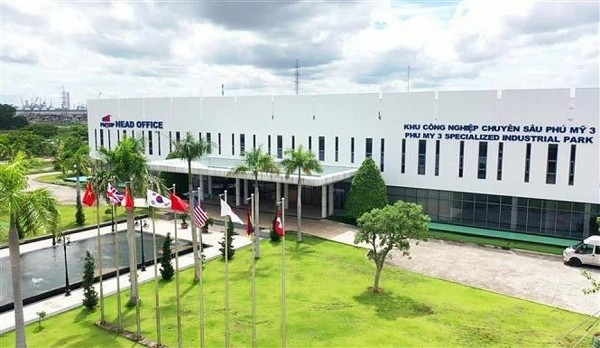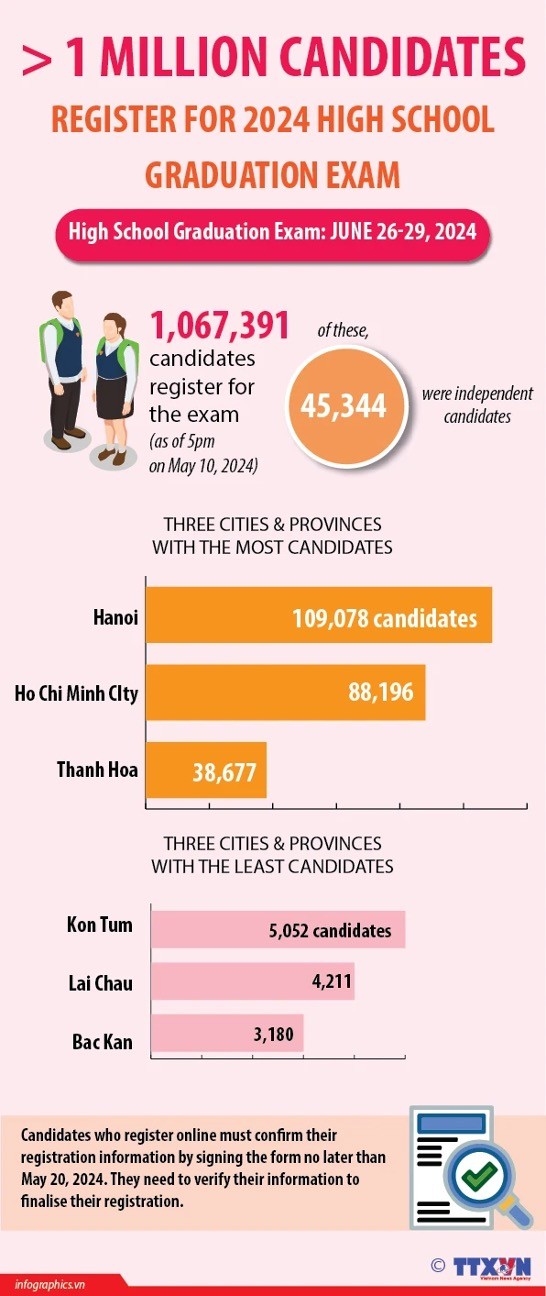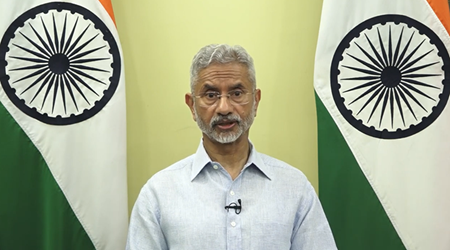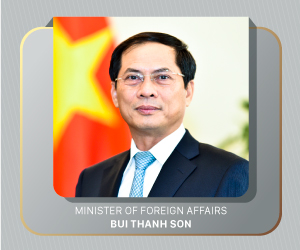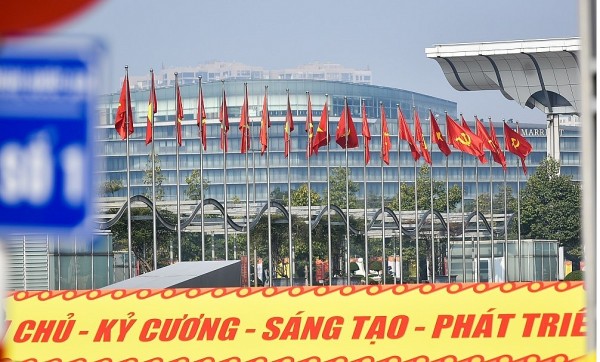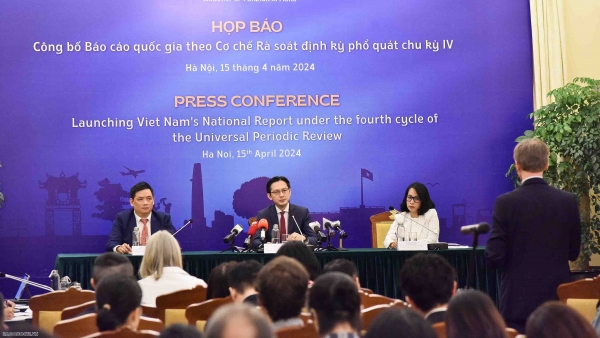
Ho Chi Minh City possesses various potentials for becoming a financial center
Latest
| TIN LIÊN QUAN | |
| Forum discusses solutions to expand capital-financial market | |
| Financial Times: Vietnam sees optimistic consumers | |
 |
| Mr. Vaibhav Saxena, General Secretary of InCham Ha Noi. |
Ho Chi Minh City is Viet Nam’s economic and financial centre. This dynamic city of over 10 million inhabitants accounts for only 9.36 percent of the country's population and 0.6 percent of the country’s total area but contributes 14 percent to the country’s export value and 27 percent to State revenue. It also accounts for 14.1 percent of the country’s total foreign investment and is widely seen as one of the fastest growing markets for technology and manufacturing in the region.
Contributing most to the development of Ho Chi Minh City over the years has been the service sector and finance is among the nine major service industries in the city. In 1998, the Stock Exchange was established in Ho Chi Minh City, which became one of the most important premises for the financial market to grow steadily, making an important contribution to the city's economic development.
Currently, the financial sector has an average growth of about 8.8 percent per year, accounting for 10 percent in nine major service sectors and for 5.7 percent in the Gross Regional Domestic Product (GRDP) of the city. This can be considered as a relatively fast growth. Thanks to this, the financial sector has also been able to help the city mobilize about VND 460,000 billion per year to promote socio-economic development. In addition, from practical experience, the financial sector has created quite a number of mechanisms and policies, which contributes to the process of international integration and perfected socialist-oriented market economy.
Considering the advantages of the financial market of Ho Chi Minh City, the stable political situation has always been a remarkable one. Geographically, the city connects the Southern key economic regions. As a result, it has become the economic center for industrial development, goods and services in the Southeast of Viet Nam, linking the economies of other countries in the region and so on. This is also Ms. Nguyen Thi Hong - Deputy Governor State Bank of Viet Nam’s stance on the advantage of Ho Chi Minh City: “Ho Chi Minh City connects different key economic regions of the south and the whole country. The city, therefore, deserves to become a major financial centre with banking and finance services developed in a proper manner.” Ho Chi Minh City is also expected to connect to regional financial centers such as Singapore and Hong Kong (China) in the future.
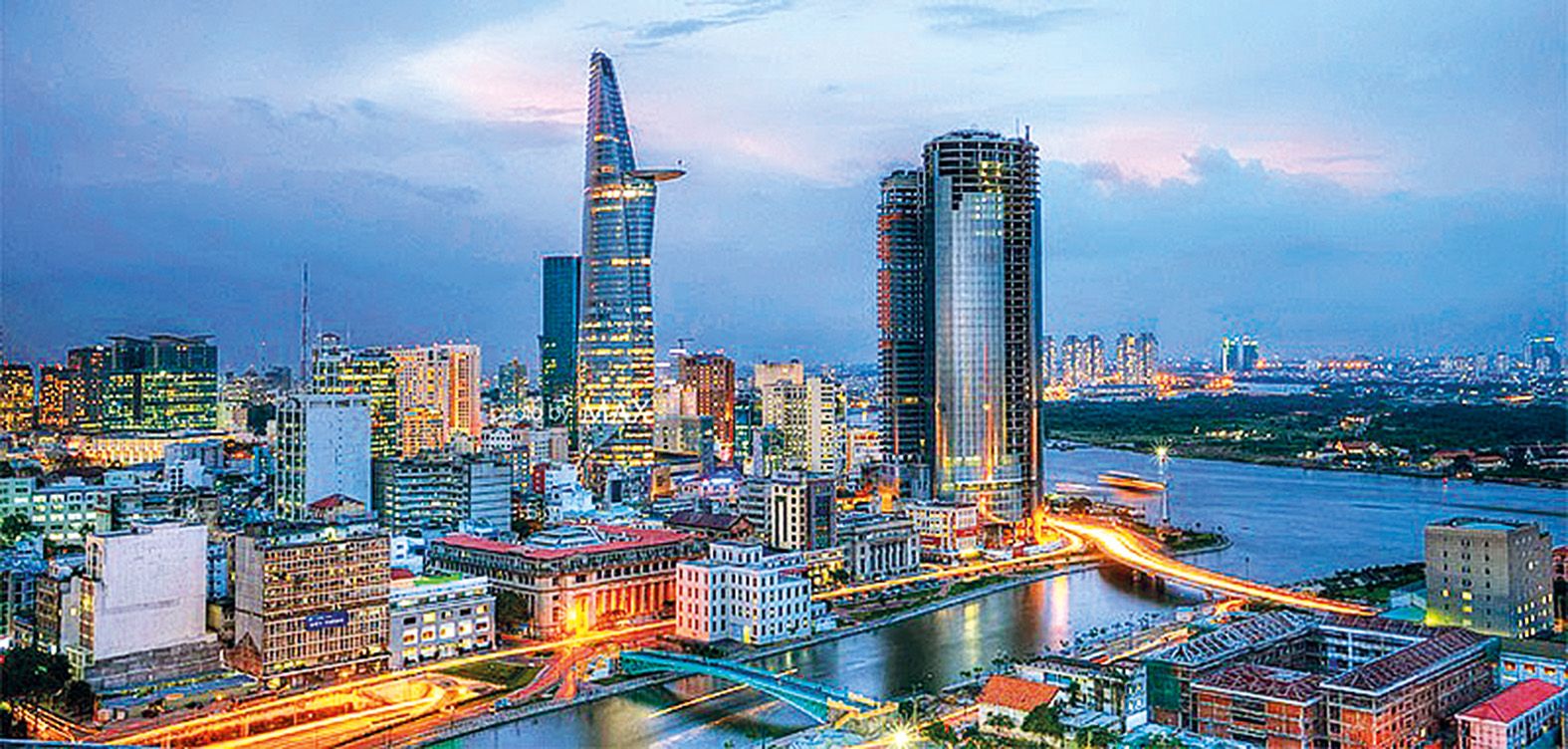 |
| Ho Chi Minh City. (Photo: tapchikientruc) |
Moreover, when it comes to economic growth, Ho Chi Minh City is leading in the country in terms of GRDP, contributing the most to budget revenue. The potential of further economic development of Ho Chi Minh City is very strong both in goods and services, which, as a result, is able to facilitate the development of the city’s financial sector.
On the other hand, there appear to be challenges that Ho Chi Minh City still needs to overcome in order to become the financial center regionally and internationally. The financial market connectivity with the world is not really strong, and transboundary activities still require relatively complex procedures. In addition, although telecommunications and internet infrastructure has been developed, it is still not enough to meet the strict requirements of the financial market.
The important issue is the lackluster role of Ho Chi Minh City in supporting and stimulating the development of the financial market, due to the limited powers and responsibilities of the city government in management of financial activities in the area (especially for financial institutions under the central government due to the vertical management model).
Another issue is that the allocation of resources for the city is not commensurate with the development potential. Ho Chi Minh City is the locality with the highest budget payment in the country, however it has been reallocated only 18 percent from the central budget (from 2017).
These obstacles have been previously pointed out by Mr. Nguyen Thanh Phong, Chairman of Ho Chi Minh City People’s Committee. According to him, despite having many advantages and huge potential to become a regional and global financial hub, the City still has not drawn up a clear plan.
In the light of both advantages and the disadvantages of Ho Chi Minh City, it can be stated that the City possesses various potentials for becoming a financial center. Although there are already potentials, all the ideas of building Ho Chi Minh City into a financial center are still unfinished, even the role has been reduced in respect of the size of the financial market in the whole country. For example, the total mobilized capital through financial and credit institutions in Ho Chi Minh City compared to the whole country has decreased from about 40 percent in the early 2000s to about 24 percent in 2018 and behind Ha Noi with 34 percent.
| The potential of further economic development of Ho Chi Minh City is very strong both in goods and services, which, as a result, is able to facilitate the development of the city’s financial sector. |
According to Mr. Tran Dac Sinh - Former Chairman of Ho Chi Minh City Stock Exchange: “Regional and international financial centres are often formed in big cities with high economic and social development, and are focus points for financial institutions. Not every industrial or commercial city can develop into a financial centre. They also have to satisfy a plethora of related conditions related to competitiveness and innovation.
In addition, the business environment, connectivity, human resources, the legal system, infrastructure, and stable development are also key factors in the formation of an International Finance Corporation (IFC).
Cities that have a favourable environment, stable politics, and good infrastructure – especially financial infrastructure and advanced technology systems – will have the advantage in attracting large financial institutions.
Last but not least, IFCs must focus on important stakeholders in the market, such as financial agencies, investment funds, and services suppliers. Therefore, Vietnam must simultaneously develop all of the related sectors in one system and create attractive enough incentives for them to develop.”
Therefore, in order to realize the City’s potentials, it is essential that challenges must be dealt with immediately. That is to say, the complicated institutions, mechanisms, policies of Ho Chi Minh City are the main obstacles that need to be prioritized and overcome. This can, in return, make way for further developments in the future. As an international financial hub, Ho Chi Minh City, which contributes 45 percent to the country’s GDP, would enhance socio-economic growth locally, nationally and regionally.
 | Vietnam Startup Day to gather startups from 12 countries The Vietnam Startup Day 2019 is scheduled to kick off in Ho Chi Minh City on August 23, gathering startup communities from around the world. |
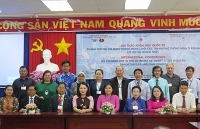 | Symposium talks Ho Chi Minh City smart city development An international symposium entitled “Ho Chi Minh City in network of smart cities in ASEAN: opportunities and challenges” took place in Ho Chi Minh City ... |
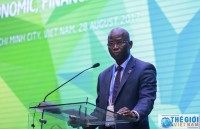 | World Bank and Vietnam work to strengthen financial systems A new World Bank report, jointly launched on December 14 with the Ministry of Finance, will support the development of a sound financial reporting institutional ... |

